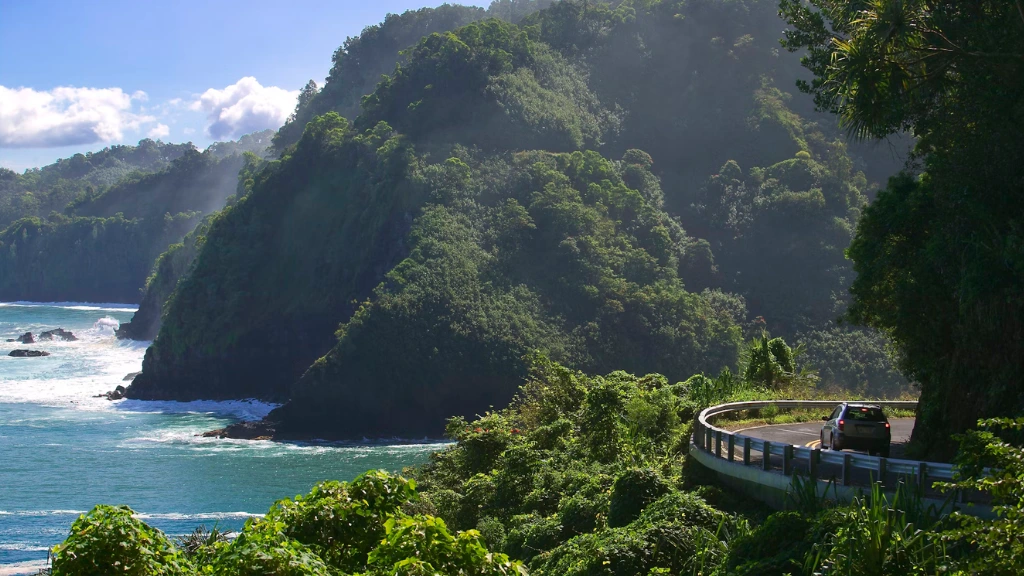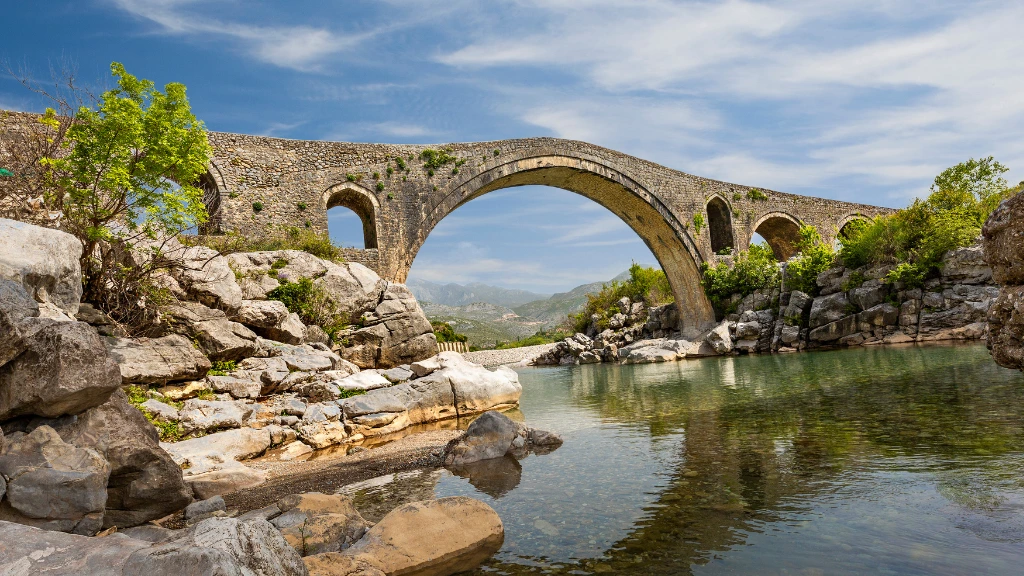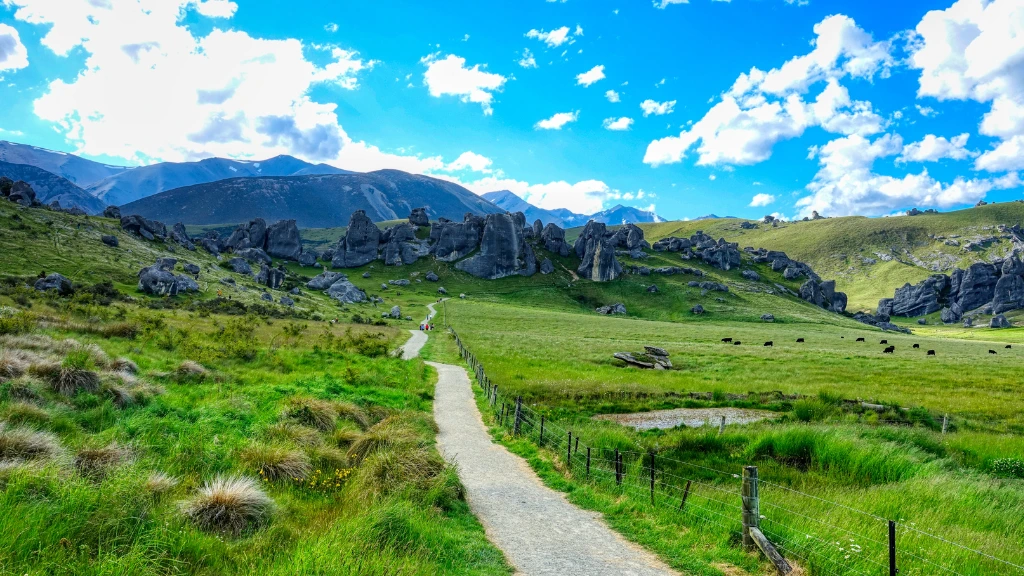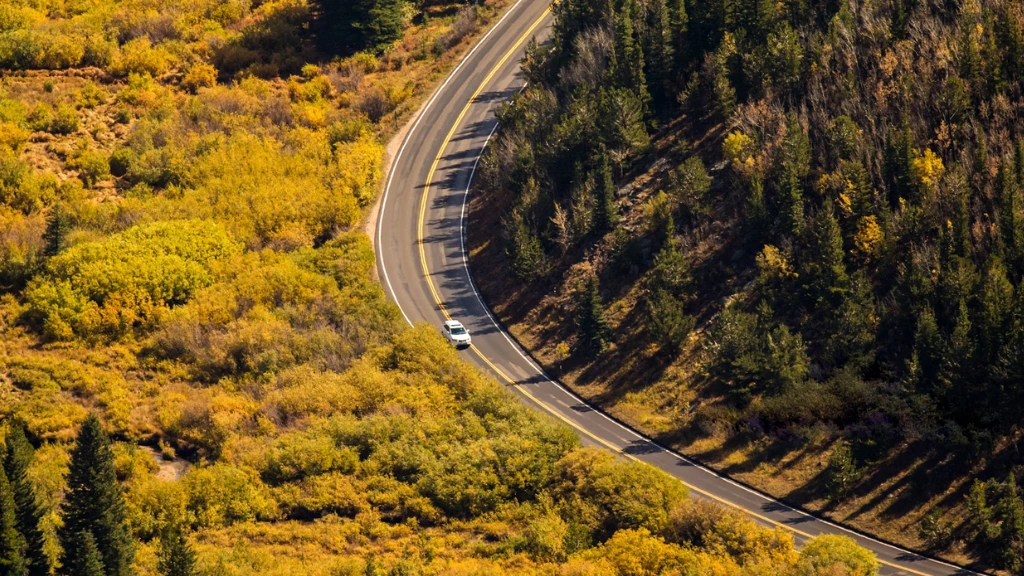Maui, known for its stunning landscapes, vibrant marine life, and lush rainforests, is one of the most sought-after destinations in the world. With its growing popularity, however, comes the responsibility to ensure that the natural beauty of the island is preserved for future generations.
Traveling responsibly in Maui means embracing sustainable practices, minimizing your environmental impact, and supporting local communities while enjoying the island’s incredible attractions.
You May Also Like: Discovering the Architectural Wonders of Cuenca and Toledo: Spain’s Historic Gems
In this blog, we’ll explore various ways to travel responsibly in Maui, from choosing eco-friendly accommodations to engaging in low-impact activities that protect the island’s fragile ecosystem.
1. Choose Eco-Friendly Accommodations
The first step in traveling responsibly is selecting accommodations that prioritize sustainability. Many hotels and resorts in Maui have adopted eco-friendly practices, such as energy-efficient systems, water conservation, and recycling programs. Some properties even go further by using solar power, harvesting rainwater, and sourcing local, organic food for their restaurants.
When booking your stay, look for accommodations that are certified by reputable green programs, such as LEED (Leadership in Energy and Environmental Design) or the Hawaii Green Business Program. These certifications ensure that the property is committed to minimizing its environmental footprint.
In addition, consider staying in smaller, locally-owned accommodations, such as eco-lodges or boutique hotels, that support the local economy and have a lower environmental impact.
2. Support Local Businesses and Artisans
One of the best ways to travel responsibly is by supporting local businesses. Instead of spending your money at large, multinational corporations, seek out family-owned restaurants, shops, and tour operators that keep the economy thriving and help preserve the local culture.
Maui’s local artisans create beautiful, handmade products that reflect the island’s heritage, from traditional Hawaiian crafts to locally sourced food. Visiting farmer’s markets, craft fairs, and locally-owned shops allows you to experience Maui’s authentic culture while reducing the carbon footprint associated with mass-produced goods.
Be mindful of what you purchase—avoid buying products made from endangered species, such as coral or turtle shells, and opt for souvenirs that are ethically sourced and environmentally friendly.
3. Choose Low-Impact Activities
Maui offers countless ways to enjoy its natural beauty, but it’s important to choose activities that don’t harm the environment or local wildlife. Hiking, snorkeling, and kayaking are fantastic ways to explore the island’s stunning landscapes and pristine waters without leaving a negative impact.
Snorkeling and Diving
When snorkeling or diving, be aware of your surroundings and avoid touching or stepping on coral reefs, as they are delicate ecosystems that take years to grow. Choose tour operators that practice responsible marine tourism, such as educating guests on proper snorkeling techniques and enforcing a no-touch policy around marine life.
Avoid wearing chemical sunscreens that can harm coral reefs. Opt for reef-safe, mineral-based sunscreens that don’t contain harmful chemicals like oxybenzone or octinoxate, which are known to contribute to coral bleaching.
Hiking
Maui is home to many hiking trails that offer stunning views of the island’s diverse landscapes. Stick to marked trails to avoid damaging native plants and habitats. Carry reusable water bottles, avoid leaving litter, and respect the natural environment by practicing the “Leave No Trace” principles. By staying on designated paths, you protect the fragile ecosystems and minimize erosion.
Whale Watching
If you visit Maui between November and May, you’ll have the opportunity to witness the annual migration of humpback whales. Opt for eco-conscious whale-watching tours that adhere to strict guidelines to protect the animals. These tours keep a safe distance from the whales, avoid disturbing them, and provide information about the importance of marine conservation.
4. Minimize Plastic Waste
One of the most pressing environmental issues facing Maui is plastic pollution. The island’s beaches and oceans are especially vulnerable to plastic waste, which endangers marine life and contributes to ecosystem degradation. You can help by reducing your plastic consumption while traveling.
Bring Reusable Items
Pack reusable items such as water bottles, shopping bags, straws, and utensils. Many businesses in Maui are part of the plastic-free movement, and you can easily refill your water bottle at stations around the island. Avoid using single-use plastic items, especially when shopping or dining out, and bring your own reusable containers when possible.
Avoid Single-Use Plastics
If you find yourself needing to dispose of trash, make sure to use designated recycling bins. Maui has strict recycling programs that help keep the island clean and reduce waste. By cutting down on single-use plastics and embracing reusable alternatives, you can significantly minimize your impact on the environment.
5. Protect Wildlife and Marine Life
Maui is blessed with incredible wildlife, from sea turtles and tropical fish to native birds and humpback whales. Protecting these species and their habitats is essential to preserving the island’s biodiversity.
Respect Marine Life
When enjoying the beach or ocean activities, give wildlife the space they need to thrive. Whether you’re observing sea turtles, monk seals, or dolphins, maintain a respectful distance. Many species are protected by law, and disturbing them can result in fines and penalties. Educate yourself on Maui’s wildlife regulations before engaging in any wildlife viewing activities.
Leave Wildlife Habitats Untouched
When hiking or exploring natural areas, avoid disturbing the local fauna and flora. Don’t pick flowers or plants, and resist the urge to feed wildlife. Feeding animals disrupts their natural behavior and can have harmful consequences for their health and well-being.
6. Learn About Hawaiian Culture and History
A responsible traveler in Maui isn’t just concerned with environmental sustainability but also respects the local culture and history. Maui has a rich cultural heritage that is deeply connected to the land and sea. The Hawaiian concept of “mālama ‘āina”, which means to care for the land, is an important principle that guides sustainable practices on the island.
Visit cultural centers, museums, and historic sites to learn about Maui’s indigenous culture and history. Engaging with the local culture not only enriches your travel experience but also fosters a deeper understanding of the island’s connection to nature.
7. Participate in Volunteer Tourism (Voluntourism)
If you’re passionate about giving back, consider participating in volunteer tourism, or voluntourism, during your stay in Maui. Many organizations on the island offer programs where travelers can assist with environmental conservation, beach cleanups, or native plant restoration efforts.
Volunteering during your vacation is a great way to leave a positive impact and help protect Maui’s fragile ecosystems. Whether it’s restoring coastal habitats, removing invasive species, or helping to maintain hiking trails, voluntourism allows you to contribute to the island’s sustainability efforts.
Conclusion: Embrace Sustainable Travel in Maui
Maui is a paradise that offers stunning landscapes and unforgettable experiences, but with its beauty comes the responsibility to travel sustainably. By choosing eco-friendly accommodations, supporting local businesses, engaging in low-impact activities, and respecting the environment and culture, you can ensure that your visit to Maui leaves a positive impact.
Traveling responsibly in Maui isn’t just about protecting the island for future visitors—it’s about respecting the unique natural and cultural heritage that makes this destination so special. By adopting sustainable practices, you can help preserve Maui’s beauty while enjoying a meaningful and eco-conscious adventure.










